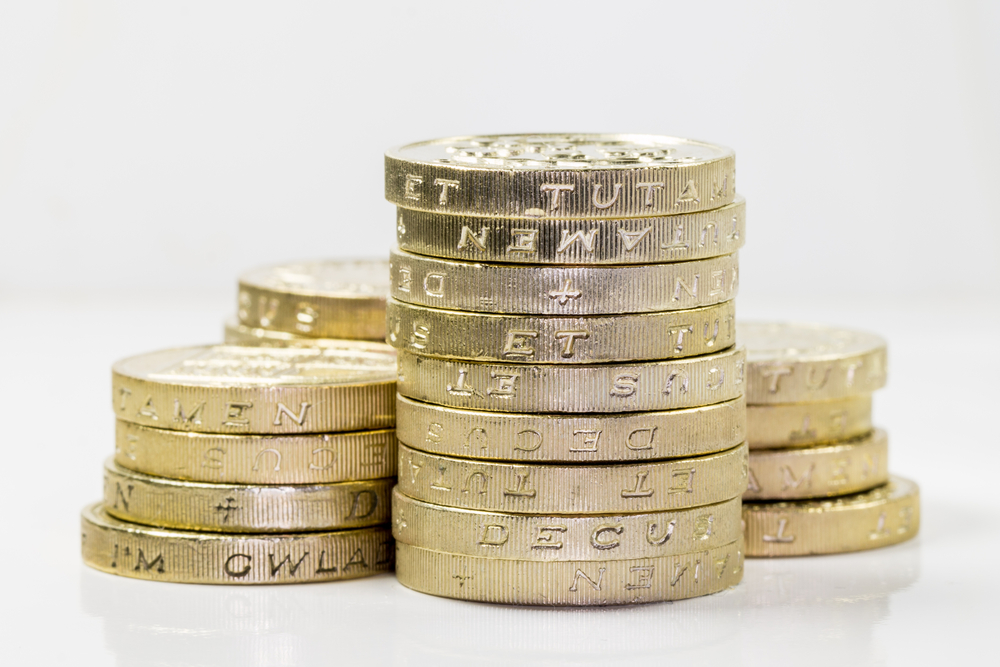News
Ethical savings brands beat the big banks

Savers could do better by investing with ethical alternatives to high street banks, according to Moneyfacts.
Good Money Week runs until 11 October and aims to raise awareness of sustainable, responsible and ethical finance.
To coincide with the campaign, Moneyfacts analysed savings data from both ethical brands and high street banks. It found that ethical financial companies generally offer higher returns on both easy access savings accounts and notice accounts.
As an example of the poor rates on offer by high street banks on a £10,000 deposit, HSBC pays just 0.15 per cent on its Flexible Saver, Bank of Scotland’s Access Saver pays 0.20 per cent, Barclays’ Everyday Saver pays 0.25 per cent, and Halifax Everyday Saver 0.20 per cent. Even the highest new customer rate from a big bank is just 0.40 per cent from Santander on its eSaver (Issue 15).
In comparison, Gatehouse Bank pays 1.40 per cent as an expected profit rate on its Easy Access Account. Al Rayan Bank also offered a lucrative 1.6 per cent easy access savings rate for a short while – although it’s now replaced this with a new issue that pays an expected profit rate of 1 per cent.
Rachel Springall, finance expert at Moneyfacts.co.uk, said: “The urge to invest more ethically could come to mind if savers are getting little return for their loyalty from a big high street bank, which consequently leads them to seek an alternative. Thankfully, there are ethical brands out there to consider, and in fact the leading ethical easy access deal is currently offered by an Islamic bank.
“Investing ethically can be as simple as switching to a brand that has ethical principles, where savers can feel like they are making a difference but are also given a fair return on their hard-earned cash. Big banks just don’t need savers’ cash, so it’s not surprising to find that they are paying abysmal rates.
“While Islamic banks don’t pay interest, they do pay an expected profit rate, and this can be comparable to other savings accounts.”
Where an Islamic bank is covered by the Financial Services Compensation Scheme (FSCS) and regulated by the Financial Conduct Authority, savers can be safe in the knowledge that they have the same level of protection as with any other provider under the same scheme. Islamic banks also offer decent returns on notice accounts too, where savers can get a little more than on an easy access deal.
Moneyfacts suggests that during a period of economic uncertainty, savers may well be rethinking how they invest and want to know whether they are banking with a brand that is giving back to the community.
Triodos Bank, for example, gives back via community projects and lent £876m in 2018 to support 3,300 sustainable properties and projects. Its easy access account may only pay 0.3 per cent, but it still beats the rates offered to new customers from the biggest high street banks.
“Savers intrigued by the principles of ethical finance would be wise to consider the more unfamiliar brands, whether for a standard savings account or their day-to-day banking, there are a variety of options available on the market,” added Springall.